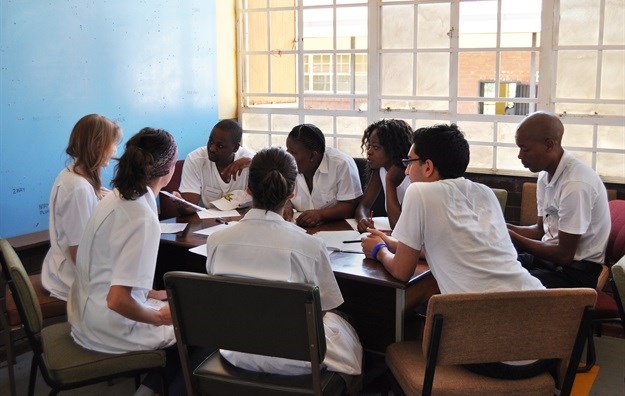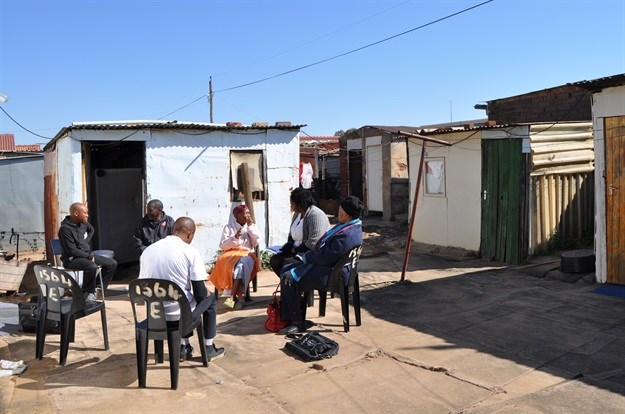An under-resourced public health care sector has resulted in inadequate access to healthcare that perpetuates the inequalities that exist in South Africa.
Healthcare in South Africa is increasingly hospital-centred, disease-focused and specialised. This model has led to significant advances in medicine, has improved access to healthcare and proven profitable, but it excludes large segments of the population as it cannot provide universal access.
With the aim of finding a solution to this issue, the Department of Family Medicine at the University of Pretoria has created a community-orientated primary care (COPC) model. “COPC is a geographically-based, collaborative approach to health that begins with individuals, and families in their homes," explains research lead Professor Jannie Hugo.
Improving society-wide health outcomes
COPC is primary care where healthcare professionals from different specialist fields and approaches work together with organisations and patients in defined communities. The result is a systematic identification and response to health and health-related needs to improve wellbeing. "COPC is an established concept, but our solution is novel in that it blends academic rigour, public health focus, clinical care and technological innovation and a transformative platform for improved society-wide health outcomes," says Professor Hugo.
The power of the model rests in its comprehensive care that integrates the home, clinics, GPs and hospitals to improve individuals’ ability to manage their health consistently. The full impact of the approach aims to revolutionise healthcare in South Africa.
AitaHealth is a smartphone application which supports the newest COPC model and is used by community healthcare workers in the field. Modules in the app collect patient information, guides responses and plans treatment and future visits. "The app guides community health workers through the process, and the information entered guides action, such as treatment or testing,” explains Professor Hugo.
The backend of the app has a sophisticated, web-enabled infrastructure so all information and interventions are available to managers to plan service and delivery, and support their team in real-time. AitaHealth is linked to a patient record system using Synaxon to provide continuity of information and care by connecting people in their homes to professionals in clinics and hospitals.
Continuous work integrated learning
Education is also enabled through the application and is critical in healthcare, and COPC in particular. "To equip healthcare workers and professionals with the knowledge and skills required to carry out the complex tasks of COPC, is necessary for success and sustainable development,” remarks Professor Hugo. Continuous work integrated learning is built into the implementation plan and is supported by curricula, face-to-face training and specifically developed learning materials. Through workplace learning, health workers transition to higher qualifications and professional development to empower and upskill community members.
The collection of information also provides robust data on the real health situation and services in communities. This kind of information means teams can tailor healthcare to individuals in defined areas, and can be used in basic and applied research.
As a result of this work, the National Research Fund is funding 14 masters and 12 doctorate students who are working on various aspects of learning in community health to improve the model, quality of care and the general level of capability in health, including health research.
The project is already supporting the health of communities around Tshwane and is replicable and scalable, which means that it can be extended throughout South Africa.



































